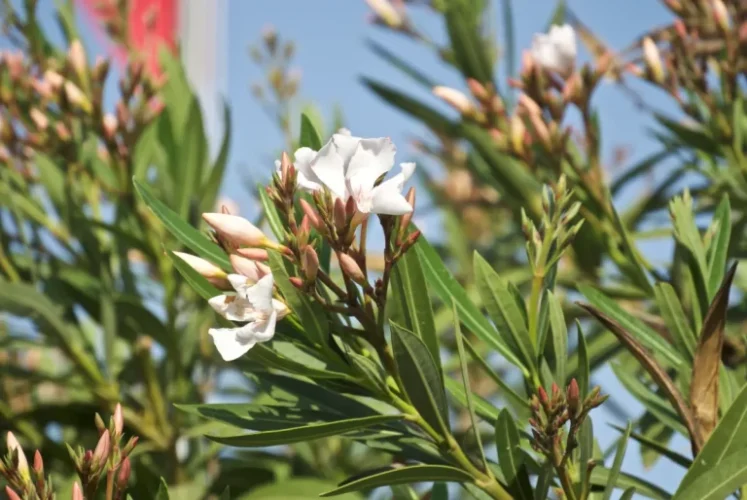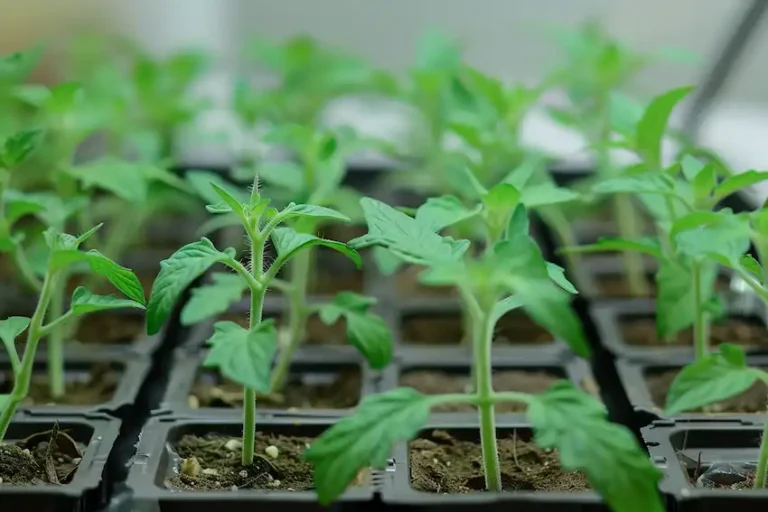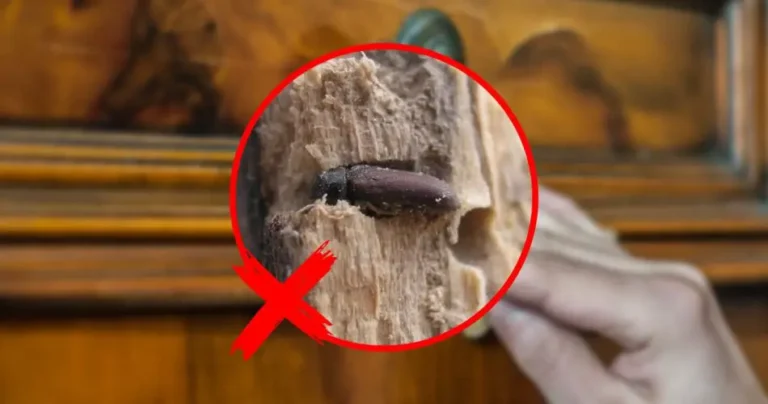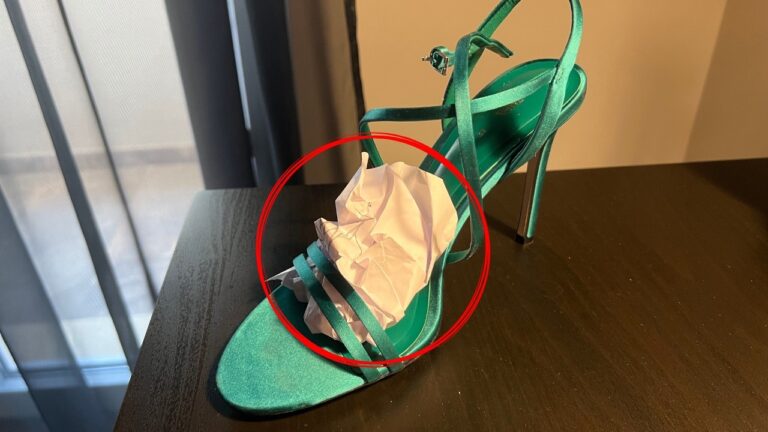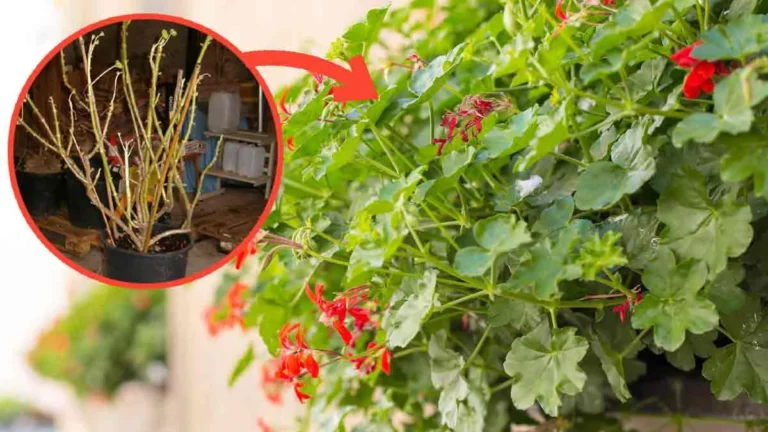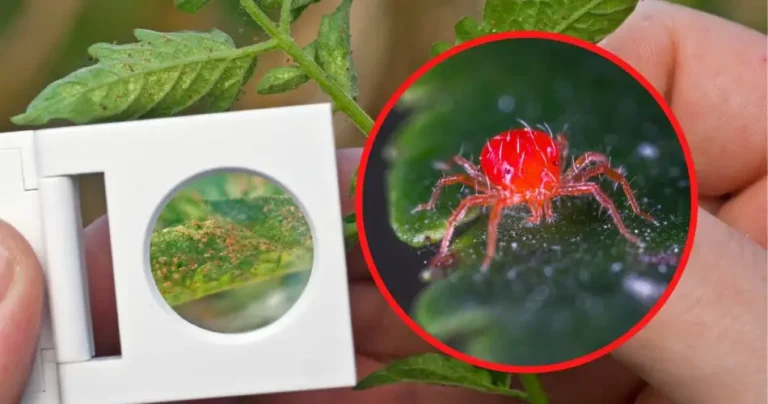Has frost damaged your oleander? Discover my tips for saving it!
When temperatures drop and the cold intensifies, it may happen that your oleander freezes too . To save it at the last minute, follow these practical tips .
Has your oleander frozen? Don’t panic, because you can save it with some practical advice. Follow this little guide that shows you what to do if an oleander has frozen.
How to understand if your oleander has been affected by frost?
While snow doesn’t often harm garden plants, frost can cause enormous and terrible damage. This is the case with your oleander. To tell if it is damaged, take a look at the leaves.
If they are yellow, droopy and limp, these are signs that the plant has actually been affected by frost. However, don’t lose hope: only the visible parts have been attacked by frost and the roots may still be in good condition.
How do you recover an oleander damaged by frost?
Here are the simple steps to save your oleander:
- Take clean and disinfected pruning shears.
- Cut stems affected by frost 15cm from the base.
This pruning allows the new stems to grow starting in spring.
How to protect oleander from frost?
To avoid having a frozen oleander, you need to implement an effective strategy as soon as the winter season begins and the bitter cold arrives. To do this, you can cover your plant with a wintering veil .
Also, if the plant is potted, install it inside a room with enough light such as a greenhouse. Also don’t forget to mulch the feet of the plant.
